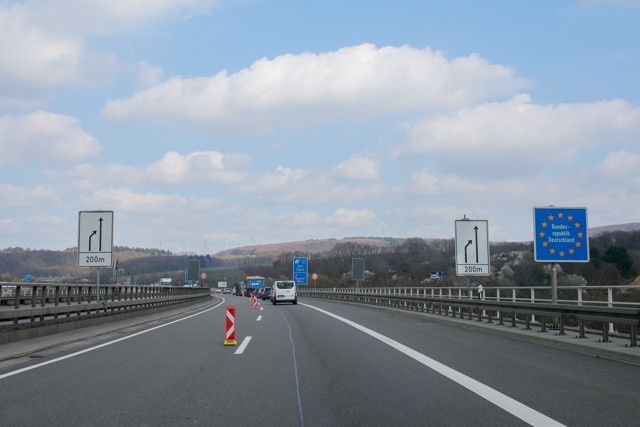The German government has removed the grand duchy from its list of high-risk covid-19 regions in a move that Luxembourg’s government has been lobbying for some time. Foreign minister Jean Asselborn said on Wednesday afternoon that he was relieved that Luxembourgers could once again travel across the border without hinderance.
“In a region that has such deep networks as the Greater Region of Luxembourg, [restrictive] measures represent a deep cut in the coexistence of people. We should ensure closer bilateral coordination in the future so that this does not happen again,” Asselborn said in a statement.
The blacklisting of Luxembourg had a great impact on cross-border workers and on other aspects of life in the greater region and for travel between the two countries. Indeed, it was the second time in a few months that citizens on both sides of the border had faced a variety of problems. For example, students were denied access to their universities in Germany and patients were denied access to important medical procedures.
Luxembourg is currently by far the country with the highest test rate in the EU and has been praised by the European Centre for Disease Prevention and Control, ECDC, for its large-scale testing programme.
Asselborn pointed out that the effective control of the pandemic can only be achieved through European cooperation.
“It cannot be the case that a country which consistently implements the recommendations of the ECDC, as Luxembourg did, ends up facing restrictive measures,” the minister stated. “The closure of Schengen borders or the patchwork of different unilateral measures is not what the citizens of Europe expect. The rights of establishment, freedom of movement and residency guaranteed by the EU treaties have been severely restricted over the last few months by the measures taken by some member states in the course of the pandemic. We need a clearer European approach to overcome this crisis together as quickly as possible and to limit the negative consequences.”
